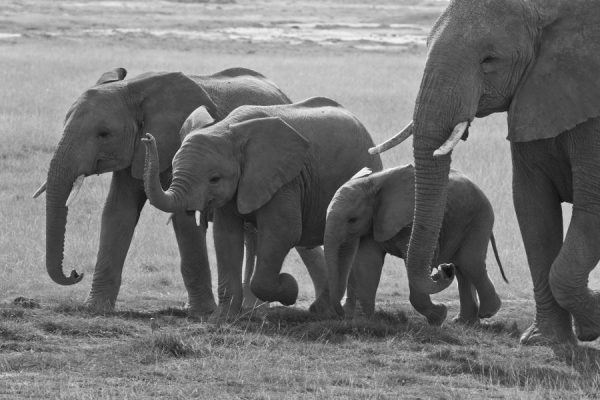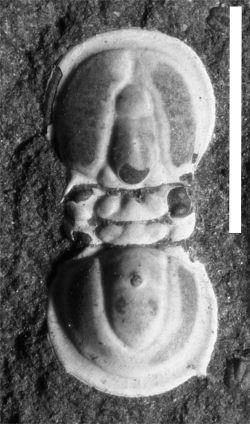Heredity in Evolutionary Theory
It may not have escaped your attention that biologists are taking a more inclusive view on heredity these days, regularly referring to epigenetic or behavioural inheritance, for instance. It is often difficult to understand what this means, however, or why it matters. Tobias and Heikki Helanterä take a closer look at heredity in evolutionary theory in a new book from Oxford University Press – Challenging the Modern Synthesis: Adaptation, Development & Inheritance, edited by philosophers of biology Philippe Huneman and Denis Walsh. A pre-print version of the chapter can be found here.
In evolutionary biology, there are arguably four main ways to think of heredity: as transmission of genes and other ‘particles’, as a phenotypic covariance, as transmission of information, and as the outcome of developmental processes. These are not mutually exclusive, and which one that is adopted or emphasized is partly a pragmatic decision based on the research question at hand (e.g., Tobias regularly makes use of all four), and partly a reflection of one’s conceptual framework (e.g., in some people’s minds heredity can only be genetic and strictly separated from development, and if you think otherwise you are either an idiot or, worse, a Lysenkoist in disguise).

When empirical research reveals new mechanisms by which parents influence their offspring – like the persistence of DNA methylation from mother to offspring or offspring learning how to forage from their father – researchers naturally accommodate these findings according to how they think of heredity. But it also leads the odd biologist (and non-biologists) to question the coherence of her current conceptual framework, which is why ‘extra-genetic inheritance’ can be perceived as a challenge to the traditional view of evolution (i.e., the ‘modern synthesis’ – if you do not like this term, just think of a colleague who thinks that all fundamental problems in phenotypic evolution can/should be answered without referring to development). And, as we know, conceptual change can make some new research questions appear more interesting or relevant than they did before, whereas others may fade into oblivion.
Read MoreIlliam Jackson joins the group

Target of illiams PhD work – Agnostus pisiformis fossil. Scalebar is 2 mm.
It is often pointed out that there is a strange gap between evolutionary biology and palaeontology. Particularly considering that it is hard to find something so obviously relevant to evolution as the fossil record… Anyway, we now hope to reduce this gap thanks to Illiam Jackson. Illiam did his PhD in palaeobiology in Uppsala under the supervision of Graham Budd (although he likes to point out that his first degree was in Biology). He joins us with a passion for morphometrics, and for making development relevant also to the study of fossils. Illiam will continue his work on plasticity and evolution of trilobite-ish arthropods here at Lund, but he will also – together with Nathalie Feiner – explore if developmental plasticity shapes adaptive radiation of lizards. Welcome Illiam!
Read More